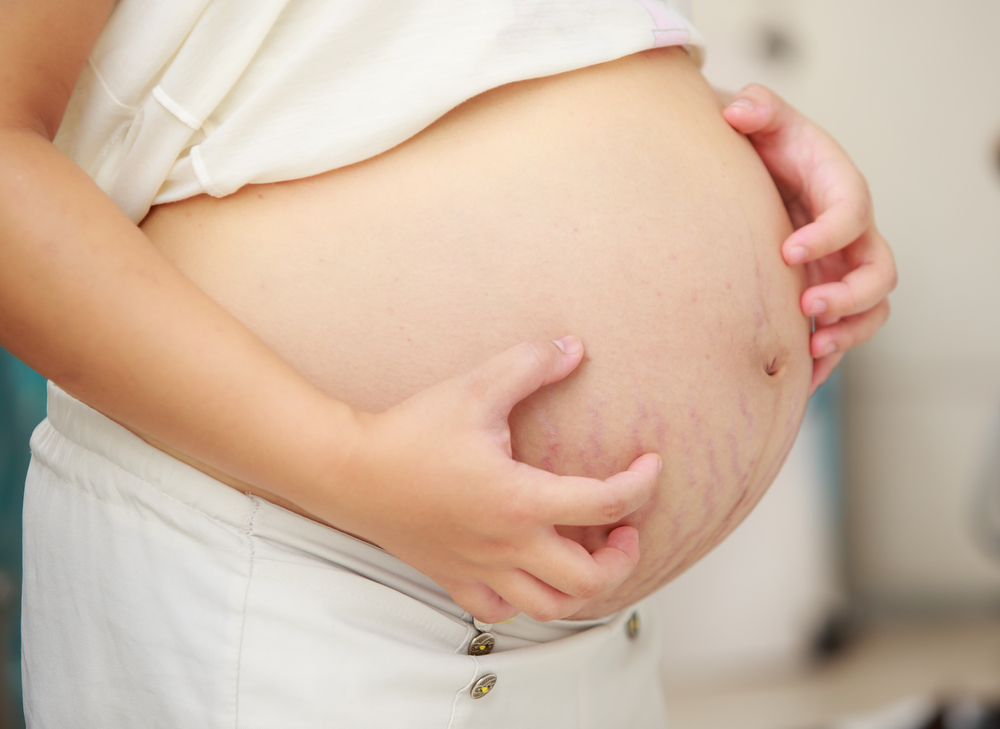
The most common cause severe itching during later pregnancy is cholestasis, which is a common liver disease that only happens in pregnancy. It is a condition in which the normal flow of bile in the gallbladder is affected by the high amounts of pregnancy hormones. This is more common in the last trimester of pregnancy since the hormones are at their peak at this stage, but normally goes away within a few days after delivery. Studies show that cholestasis occurs in about 1 out of 1,000 pregnancies and is more common in Swedish and Chilean ethnic groups. Sometimes referred to as ‘extrahepatic cholestasis’ when it occurs outside the liver and ‘intrahepatic cholestasis’ which occurs inside the liver, or ‘obstetric cholestasis’.
The gallbladder function is affected by the pregnancy hormones, resulting in slowing or stopping the flow of bile. The gallbladder holds bile, which is necessary in the breakdown of fats during digestion and is produced in the liver. When the bile flow is stopped or slowed down, this may result in the build up of bile acids in the liver, which can spill into the bloodstream.
The most common symptoms of pregnancy include
Less common symptoms include:
The following are at a high risk of getting cholestasis during pregnancy:
A diagnosis of cholestasis can be done by obtaining a complete medical history and physical examination and blood tests that evaluate liver function, bile acids, and bilirubin.
There may be an increased risk for fetal distress, stillbirth or preterm birth if affected by cholestasis. The elevated levels of maternal bile cause stress on the baby’s liver as the developing baby relies on the mother’s liver to remove bile acids from the blood. Women with cholestasis should be monitored closely and serious consideration must be given while inducing labor.
The treatment for cholestasis is mainly done to relieve itching.
Some treatment options include:
Treatment for cholestasis of pregnancy takes the following criteria into consideration:
Treatments that should not be used for cholestasis include:
In the past, the medication Cholestyramine was readily used to treat cholestasis, but some studies have shown that Cholestyramine has some adverse side effects such as blocking essential vitamins like Vitamin K.
Some sources claim that women who have had cholestasis have up to a 90% chance of having this in future pregnancies, but since the research is not conclusive, it is impossible to confirm whether a woman will experience cholestasis in future pregnancies.
It is the most powerful creation to have life growing inside of you.There is no bigger gift